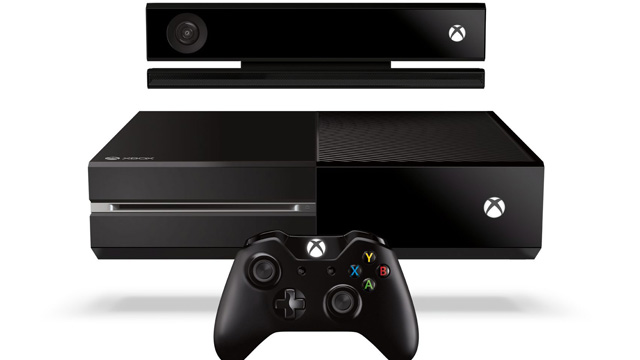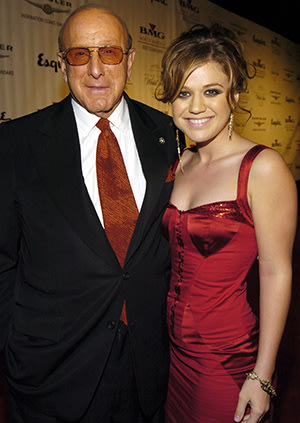I listened to and summarized three podcasts that discussed
negotiation techniques. The first
discussed mutual benefits from creating a dynamic negotiation. The second explains that some “objective
criteria” can be used as dirty tricks.
The last podcast discussed preparing research and placing value on one’s
offering in negotiation. Enjoy!
Mary Olekains discussed the negotiation process and how
negotiators should have game plans, and be clear about their objectives. She explains that negotiators must supplement
this game plan with being dynamic.
Negotiators should imagine the opponent playing a different game plan.
This will help the first negotiator to switch their game plan or improvise to
redirect the negotiation process. Engaging in a competitive, positional game will
create a “spiral process”, according to Olekains. The moves and countermoves take up time and
escalate the level of defenses on each side.
Negotiators choose from power-based game plans, rights-based game plans,
and interest-based game plans. Preventative behaviors, like “not getting
personal” (or separating the person from the problem), will allow negotiators
to focus on interest-based negotiation.
In order to protect oneself from power moves, one should follow with an
interest-based proposal. In “Getting to
Yes” (1991), the authors discuss the benefits of adopting an interest-based proposal.
In principled negotiation, one separates the people from the problem, focuses
on interests, provides objective criteria, and generates numerous options
(Fisher, 1991). The authors explain that “Your interests are what caused you to
decide” (Fisher, p.41). This means one could have many different interests
behind their position. Mary Olekains further explains what interest-based
negotiation requires to move the negotiation forward. Taking a restorative turn
reminds the other negotiator that an agreement will help both. Taking a participative
turn will allow both negotiators to brainstorm solutions with one another.
Personal attacks, requests for sympathy, and threats are moves that negotiators
should counter with either a corrective, naming, diverting, interrupting, or
questioning turn. Olekains ends the lecture with a scenario of making the
negotiation dynamic. Her lecture confirmed
the benefits of using interest-based negotiation. Viewing the negotiation as a path that could
either spiral out of control, or that could shift and change as turns are made
in the process will help negotiators see the impact of their negotiation
process. In the entertainment industry, creating a dynamic game plan will allow
professionals to focus on merits, while keeping the relationship
professional. Taking preventative or
participative turns in negotiation can also help negotiators grow their working
relationship. As a result, both
entertainment professionals benefit from the agreement.

Paula Langguth Ryan talks about the importance of facts and
figures, and gaining concessions. Many times, negotiators throw out
numbers.
Paula stresses the importance
of breaking down the impacts of numbers on the actions of other
negotiators.
She used the Persian Gulf
instability and the habit of gas providers to use declining numbers to justify
raising their gas prices as an example.
She
explained that it is important to pay attention when people spout out numbers,
because sometimes those numbers are exceptions or outliers.
Getting caught up in the numbers game will
make a negotiator miss an opportunity to improve their position.
When numbers consume the negotiation,
negotiators forget about the other benefits of the negotiation.
By being open to changes, and stating it in
negotiation, it allows for the other negotiator to work with you to solve the
problem together. In this podcast, objective criteria were discussed in a
different light by explaining how negotiators use numbers as dirty tricks.
Taking the other side’s objective criteria as
the rule could create an unbalanced agreement in the end.
Dissecting objective criteria will give the
negotiators the correct picture of the problem, and allow both of them to move
towards a possibly more balanced agreement.
One of the first rules of objective criteria in “Getting to Yes” is to
agree on the standards to apply (Fisher, p.88).
This step allows both negotiators to be on the same page with the
numbers game. Phony facts, as discussed in “Getting to Yes” should be combated
with verifying information (Fisher, p.133). In the entertainment industry,
knowing that some numbers just do not apply as the rule will help negotiators
to not agree to an unfair agreement.
For
example, an agent providing salaries of seasoned actors as evidence of the rule
of salaries for his client should not be acceptable.
What should be acceptable, however, is providing
salaries of other actors with the same experience and exposure as the client.
Brian Dietmeyer discusses how people should keep negotiation
simple. Negotiation is about the problem, and how much the negotiators will do
to solve the problem. The more data
analysis a negotiator completes, the smoother a negotiation will go. Whichever
negotiator has the most analysis will have the upper hand at the negotiation
table. Being able to list your side’s
strengths and weaknesses will allow you to prepare and clarify your argument to
the other side. Most negotiators compare
an alternative or ask for a concession. This
strategy puts the other side in a strong hold to change their initial request
in order to make a deal. In order to
balance the negotiation, the negotiator should prepare and analyze as much as
possible to understand the needs of the other side. If you do not know your analysis better than
the other side, the negotiation will be unbalanced. This podcast was about analysis, and
preparing for the negotiation properly. Dietmeyer
believes that as long as a negotiator predicts that the opponent will provide a
better BATNA, or will ask for a concession, the negotiator will prepare what
they want, the value of their offering, and what the other side might say
before the negotiation even starts. Most people provide BATNAs that claim they
could acquire the same proposal for a cheaper price. By researching the value of the proposal
before the negotiation, the negotiator makes the game much more balanced,
especially if the value of their proposal is higher than other proposals with
the same price. This idea is discussed
briefly in “Getting to Yes” (1991). The
authors state that if the other side is optimistic about their supposed BATNA,
lowering their expectations and giving them a reality check will balance the
negotiation (Fisher, p.105). In the entertainment industry, researching what
sets the offering apart from others will make the other side believe that you,
as a professional, understand your craft.
A production company or music group that offers numerous services, for
example, could state that their services are valued at a lower price compared
to competitors because they can cut costs from bundling their services for
large projects. This can help the other side possibly save money. As a result, the negotiation becomes more
balanced, and is not dependent on just the price. Knowing the value of one’s skill could be one
of the most helpful strategies while at the negotiation table.
Sources:
Fisher R., & Ury W. (1991). Getting to yes: Negotiating
agreement without giving in. New York:
Houghton Mifflin.

























